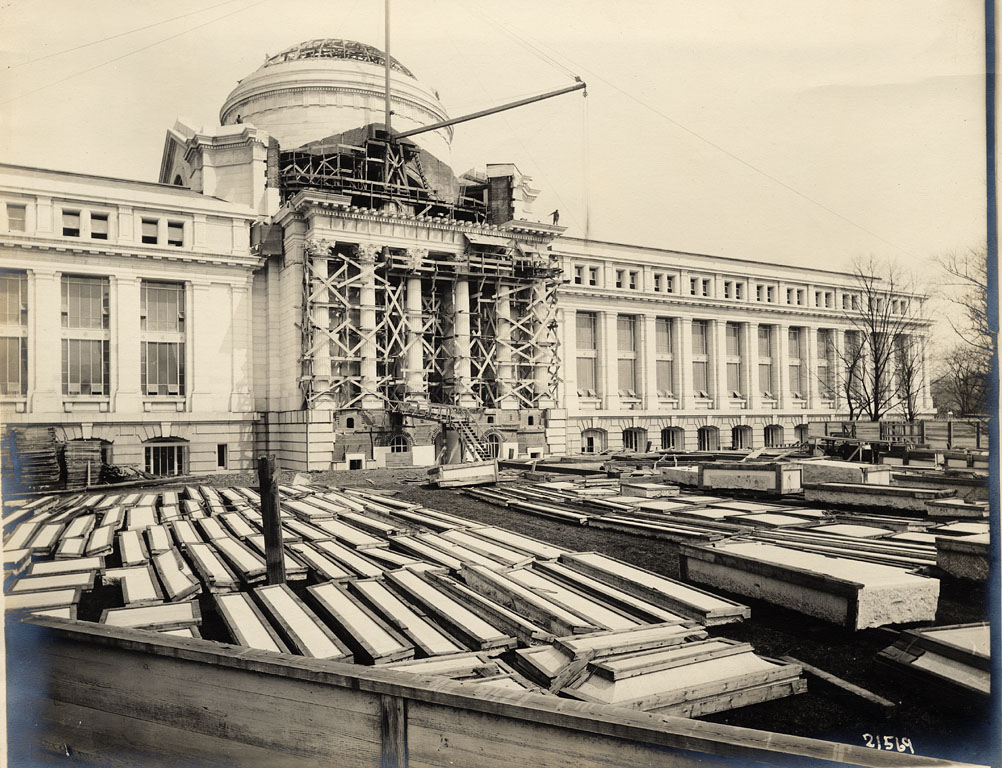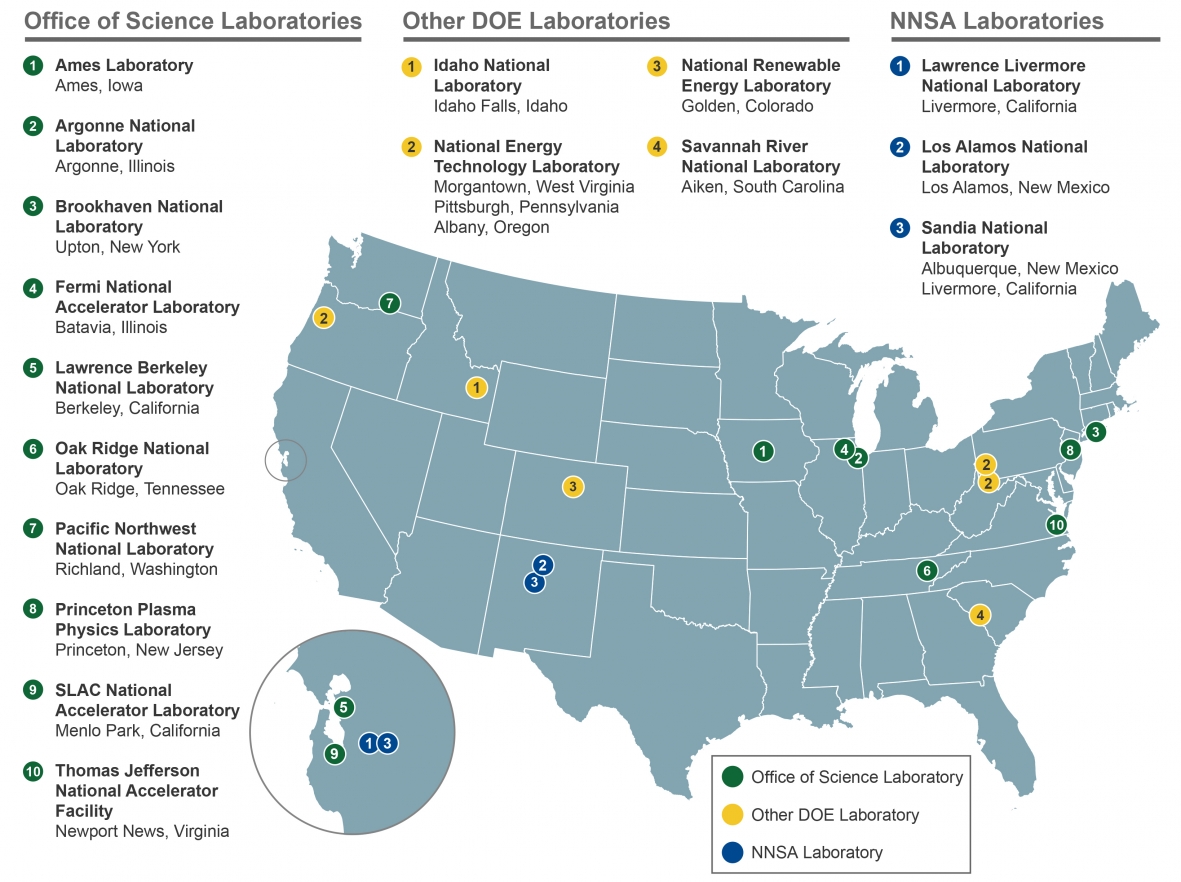The construction industry is one of the largest employers in any community and, as such, a significant generator of employment. The so-called “multiplier effect” cited by economists means that when you add one person working in the construction industry you create two additional jobs in other sectors.
The construction industry is also one of the most heavily regulated; heavy regulation being a characteristic of many solid, but slow-growth economic sectors.
As public assets, education facilities are much like federal facilities — both expected to have a long life-cycles — reflected in the guidance in the in the link below. In privately developed best practice literature authored by ANSI-accredited standards developers you will find federal regulations heavily referenced; but not the other way around.
Code of Federal Regulations Title 41: PART 102-76—DESIGN AND CONSTRUCTION
We track action in federal design and construction regulations because federal regulatory bodies are relatively well staffed. Some within those groups may say otherwise but that is another discussion. Federal regulators know know what other federal agencies are doing — such as the Occupational Safety & Health Administration and the Department of Energy — and they seem to keep pace with private, non-profit standards developers. Also: many colleges and universities enjoy the “halo effect” of having a National Laboratory or a Presidential Library * present within or near the footprint of their campus. With the halo comes the obligation to maintain separate staffing of finance and facility management professionals.
By statue (National Technology Transfer & Advancement Act) federal agencies defer to private standards setting organizations. The limit of our attention in this section of the Code of Federal Regulations ends here.
We maintain federal construction standards on the standing agenda of our Model Building Code and Federal teleconferences. See our CALENDAR for the next online meeting; open to everyone.
* The University of Michigan, Harvard University, the University of Arkansas, and three other Texas universities — University of Texas at Austin, Texas A&M and Southern Methodist University — are locations of presidential libraries governed by the provisions of this section of the Code of Federal Regulations
5.18












